



While the legislation currently only applies to rentals, an increasing number of banks and financial institutions are now insisting that buildings for sale also meet the same standards before they will provide finance or carry out property transactions.
MEES legislation is changing. Visit MEES Legislation current and proposed changes to get the latest updates.
Simply request your quote using our contact form or by phone. Our customer care team will quickly get in touch during opening hours.
We will arrange an appointment with you, carry out the survey, and once completed send you an invoice.
As soon as we receive payment of the invoice, we will email your MEES Report. We also offer corporate accounts, with survey delivery on completion and monthly billing.
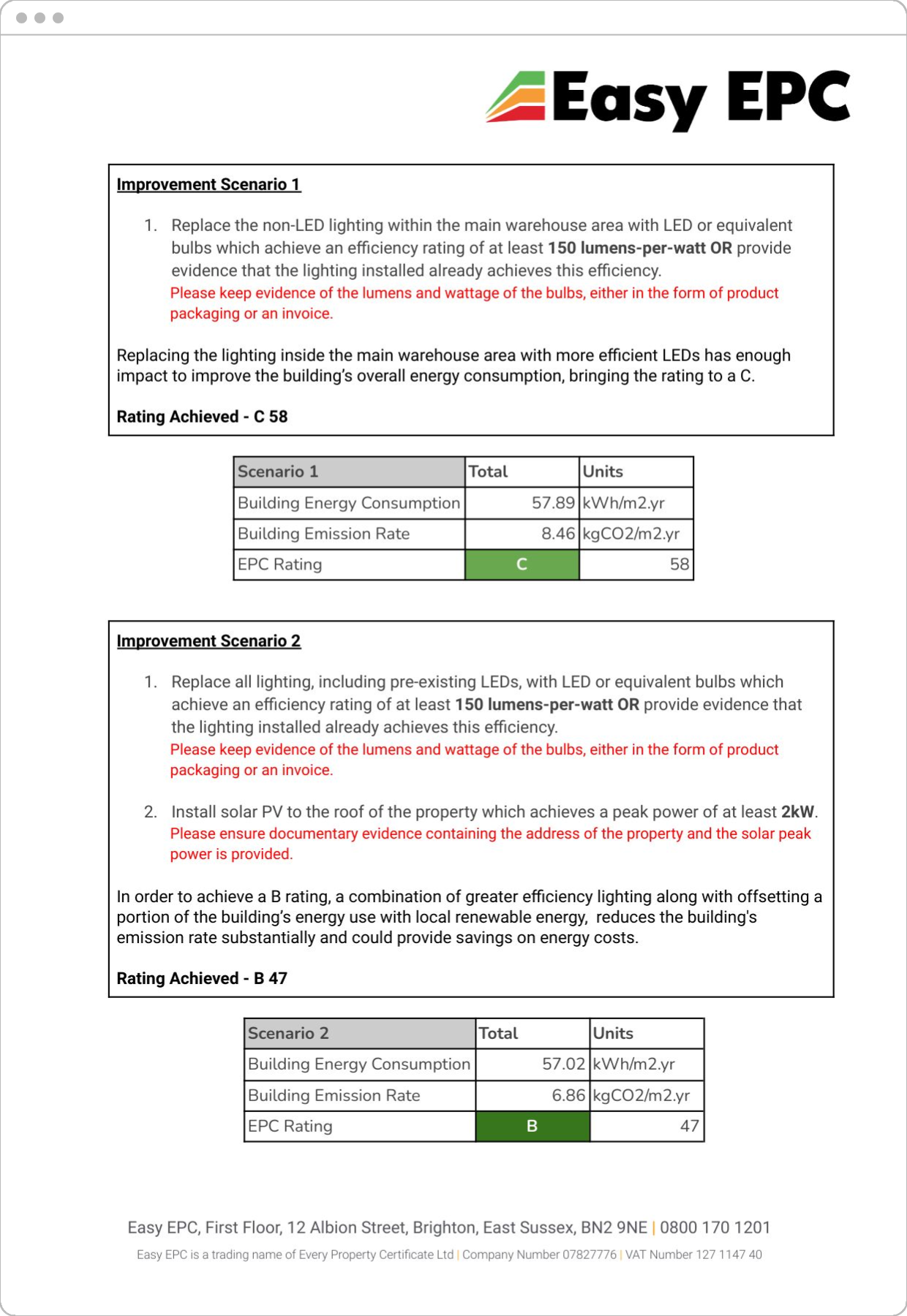
Once you have reviewed the report we are also happy to talk you through the different scenarios in detail, and to carry out further analysis to produce an additional scenario combining recommendations from the previously provided scenarios if this is what you require.


It is important to note that one of the key bits of information required to apply to be added to this register is a valid EPC. This means that if you are applying for an exemption for a property which would not normally require an EPC, such as listed building, then for the purposes of your MEES exemption application you will need to have a valid EPC in place.
All categories of exemption except the ‘New Landlord’ Exemption are valid for a period of 5 years. After this period the landlord again endeavour to improve the property’s EPC rating to meet the minimum standards. If this cannot be achieved then a further exemption may be able to be applied for.
Your building may be classified as exempt from MEES legislation for one of the following reasons:
For a full breakdown of each exemption and to find out if you can apply, check out our MEES Exemption Guide.


Before we can issue a MEES report for your property we must first have carried out the appropriate type of EPC survey on your property, and this must have been within the last 6 months. Unfortunately we cannot base our MEES report on an EPC survey carried out by another person or company, as we have no way of verifying the accuracy of their work, and would not have access to the full set of data required to produce our report. Get in touch if you need to book a new EPC survey
To produce the MEES report, one of our team of energy efficiency experts will first look through the data that was collected when we carried out your EPC survey. They will then consult with you to establish what type of energy saving measures are practical in your situation.
Once we have carried out this consultation process we will calculate what the EPC rating for your building would be if you carried out a variety of different sets of measures, focusing on establishing the most cost effective and least disruptive ways to get your building to at least an E rating.

The previous government put these updates on hold in 2023, however it is expected that the current government will reintroduce them in some form.
We’re keeping up on all the updates regarding this and have a page dedicated to MEES Legislation Updates, where we share information and confirmed news.
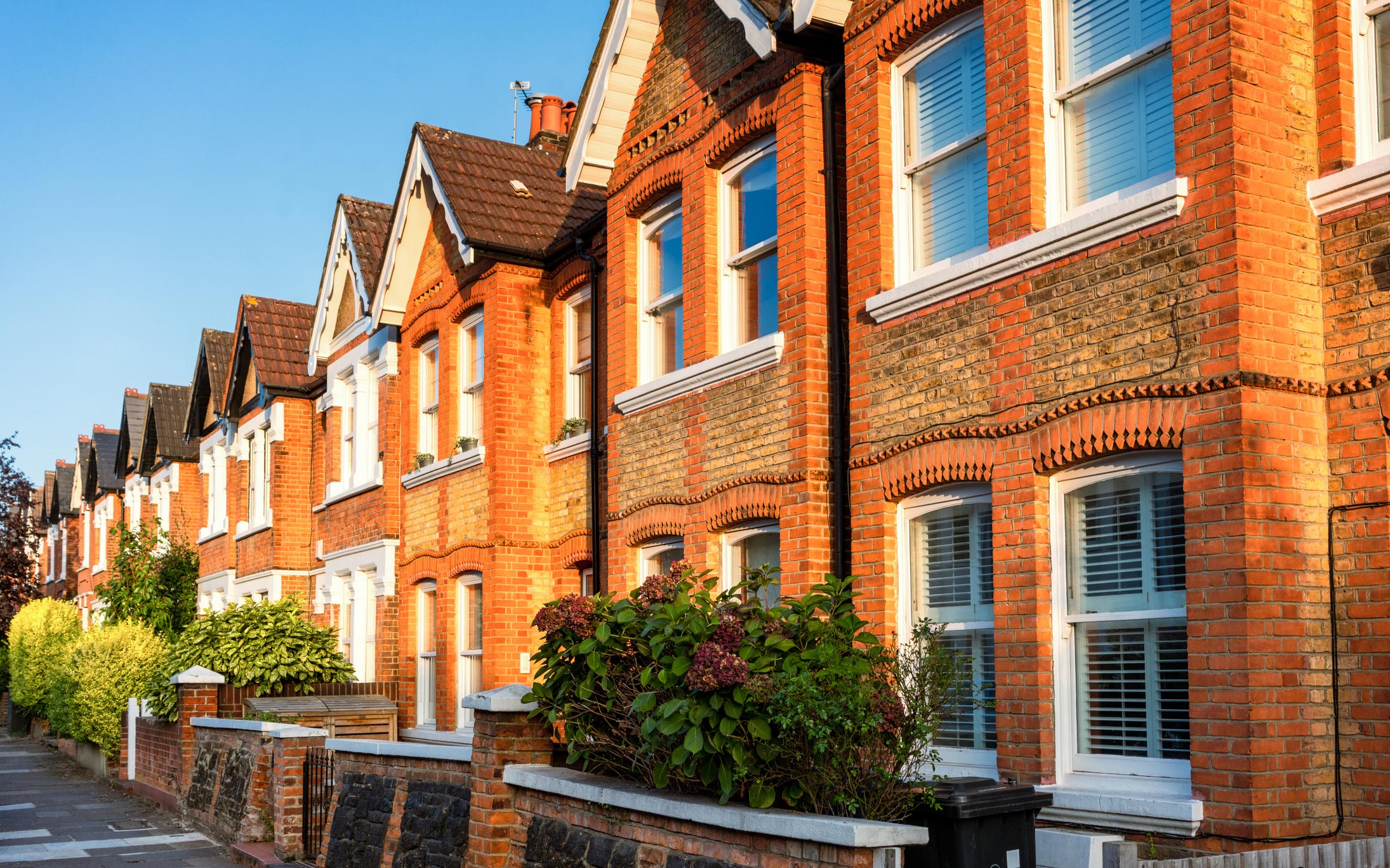
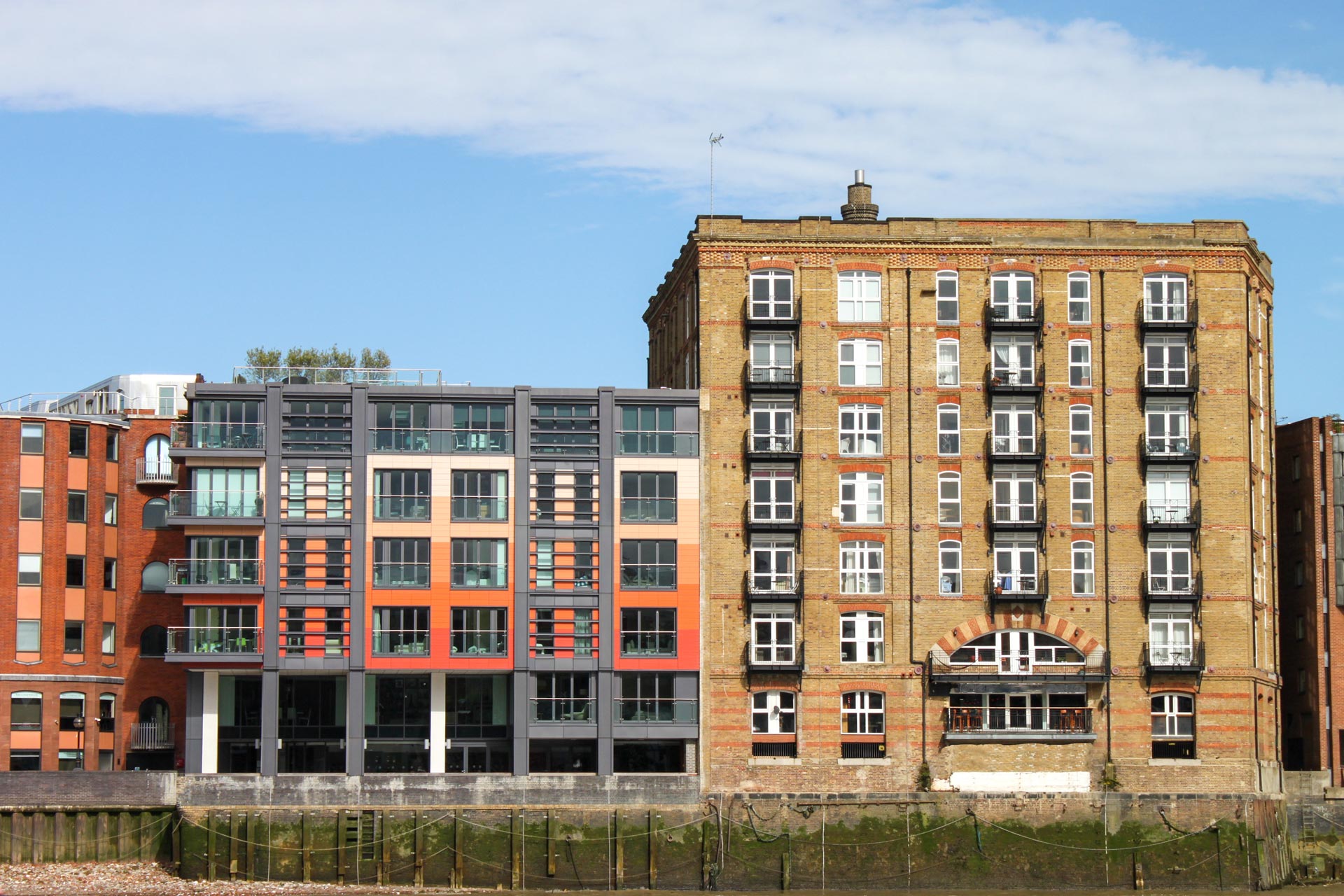
The basic information we need to be able to provide you with a price for the survey is:
It is useful and may enable us to offer a cheaper quote if you are also able to provide the following information:
Once we have provided you with a quote, if you wish to go ahead and book we will also need invoicing details and contact details for whoever will be meeting us on site. We don't charge up-front, but will invoice you for the work on completion, and release the MEES Report to you upon receipt of payment.
After you have booked with us we will contact you to discuss which measures are suitable for your property. Once we have consulted with you it takes us about 3 working days to produce the report, at which point we will contact you to let you know it's ready and provide you with an invoice. On payment of the invoice we will email your MEES Report to you.
Use our online booking tool to quickly get a quote for your MEES Report.
Our prices start from £49.95 + VAT, depending on size and location of the property.
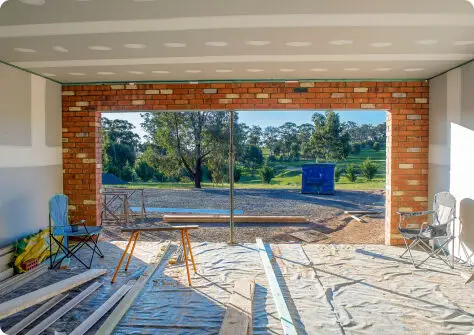
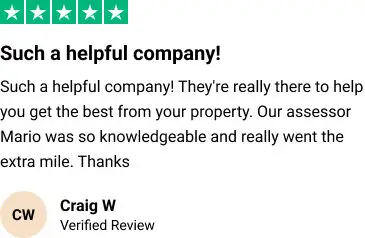
Minimum Energy Efficiency Standards (MEES) regulations initially came into force in 2018 and, after being updated several times over the years, now legislates that all commercial and domestic rental properties must have achieved at least an E EPC rating unless a MEES exemption has been approved.
MEES Consultancy is our service that uses real data from your property and specialist software to calculate multiple scenarios to improve the energy efficiency of the property to the desired rating, taking into account any limitations there may be due to building use, construction, etc.
MEES Consultancy is a desk based exercise completed using data collected during the original EPC site visit, and as such, no on-site survey is required.
Domestic
A fine of approximately £5000.
Commercial
A fine of up to £150,000.
MEES regulations are enforced by local authorities.
Our prices start from £49.95 + VAT, depending on size and location of the property.
Every property certificate, swiftly delivered